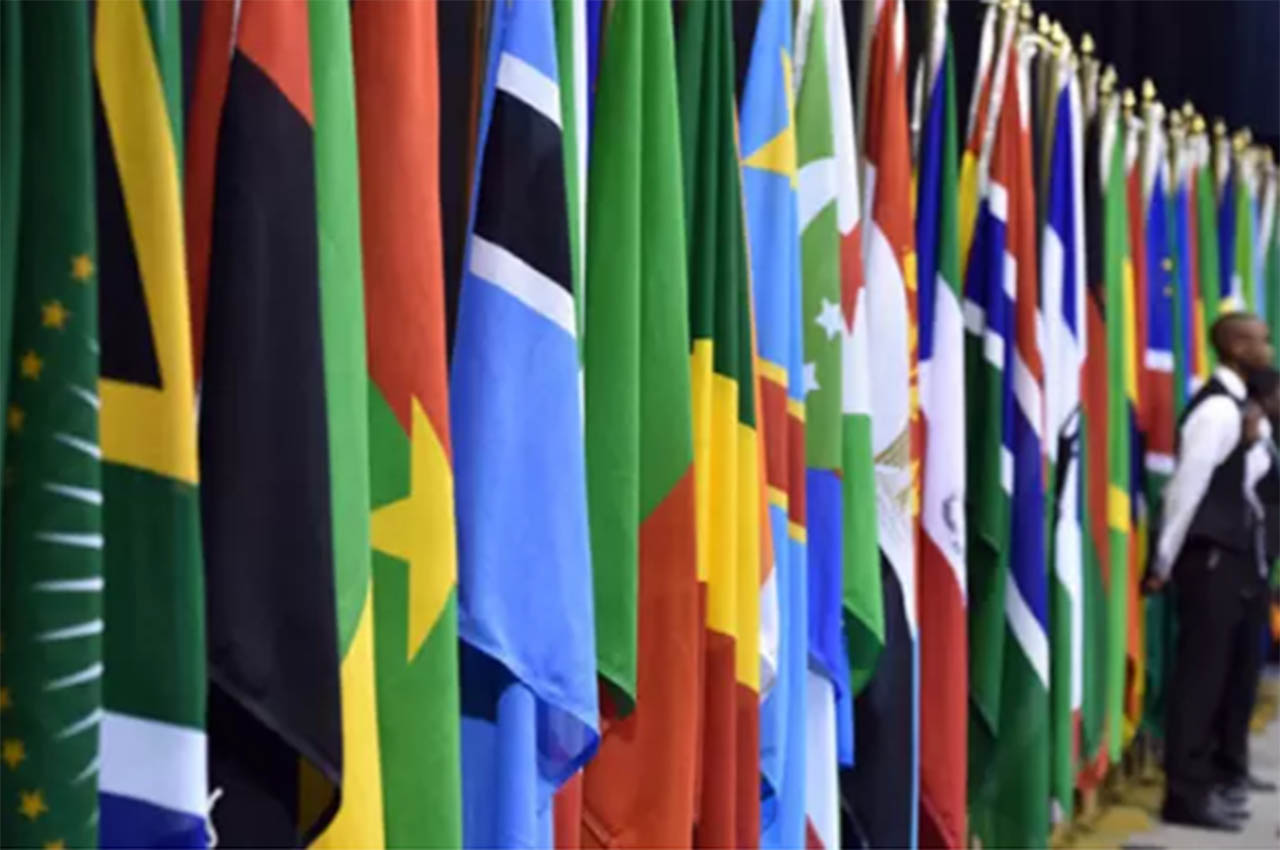Every year, the month of May brings with it a reason for celebration for the natives of the African continent. The 25th of May marks the occasion of the formation of the Organisation of African Unity (OAU). Established in 1963, this year will be the organisation’s 55th anniversary. Africa Day, as it is now known, is a symbol of the quest for unity in the continent and for the political and economic emancipation of its people as well as an attempt to improve co-operation among them.
The African Union is currently in full swing to implement ‘Agenda 2063’ to actualize the African people’s aspirations. One of the aspirations of Agenda 2063 talks of “an Africa whose development is people-driven, relying on the potential of African People, especially its women, youth and caring for children”.
Usually the list of participants for the month-long celebration include— AU member states, the Commission Staff, all institutions represented in AUC, non-African countries and international organizations that are considered partners, and civil societies representing youth and gender.
Some interesting facts about Africa Day:
“May This Convention of Union Last 1000 Years”
On May 25, 1963, the Organisation of African Unity (OAU) was formed in Addis Ababa, Ethiopia, hosted by Emperor of Ethiopia, Haile Selassie. The OAU was formed in a meeting of over 30 African nations with the aim of influencing the decolonization of African countries including Angola, South Africa, Mozambique, and Southern Rhodesia. The organisation established a charter to improve the livelihood of member states across Africa, and Selassie pledged, “May this convention of union last 1,000 years.”
Common African Unity and Identity
The first Conference of Independent African States convened on April 15, 1958, in Ghana and encouraged a common African identity of unity and fighting against colonialism. The conference called for the observance of African Freedom Day once a year. April 15th was therein enacted as African Freedom Day or Africa Liberation Day.
South Africa’s Rise in African Union
South Africa only became part of the Organisation of the African Union (OAU) in 1994 following the end of Apartheid rule, while 21 more member states had joined the OAU since its foundation in 1963. 38 years after its formation, the OAU evolved into the African Union (AU) on May 25, 2001, where South Africa paved the way as a founding member.
Women Empowerment in the African Union
Upon welcoming Nkosazana Dlamini-Zuma as the first woman Chair of the UA Commission, many argued that the continent was not ready for a woman to take that position. However, Dlamini-Zuma managed leaps in her tenure and cracked that assumption. During her tenure, she made women’s rights the theme of two consecutive AU summits, where the continental body started a major campaign to end child marriage.
Continent-Wide Disease Control and Prevention
January 2017 marked the launch of Africa’s continent-wide public health agency, the Africa Centers for Disease Control and Prevention (Africa CDC), established to help African member states of the AU to respond to public health emergencies.









